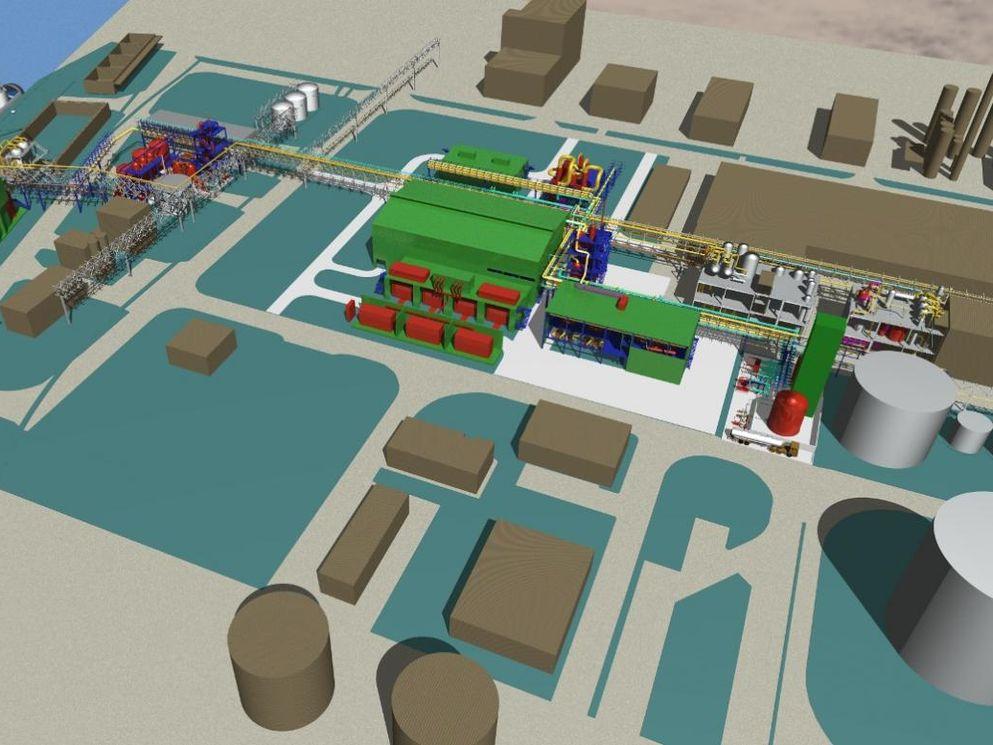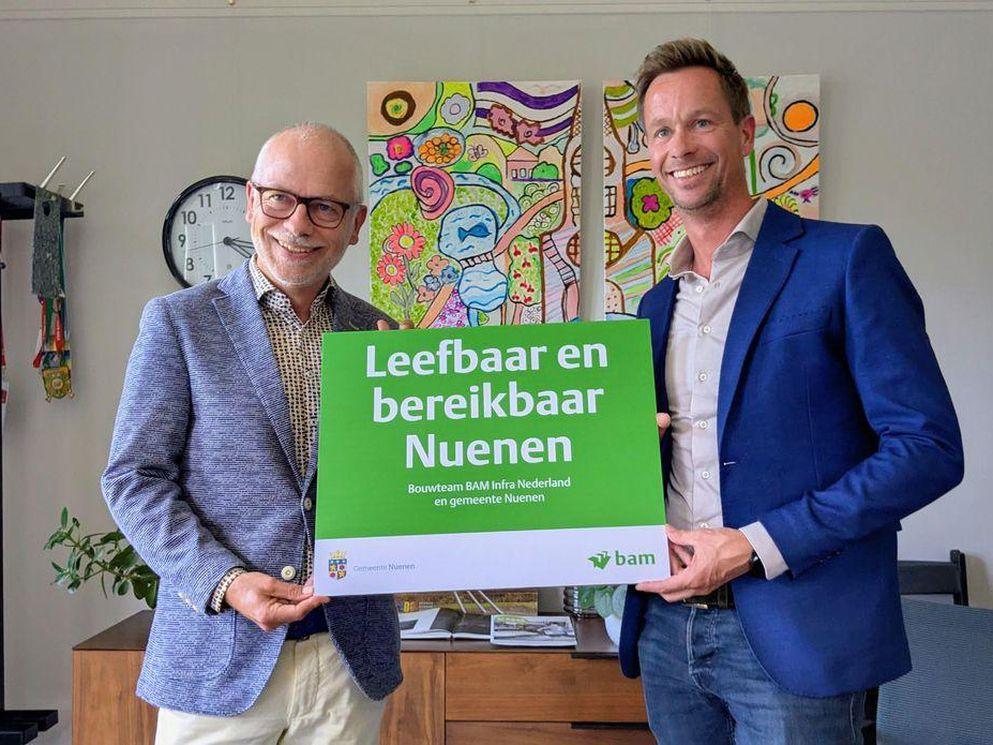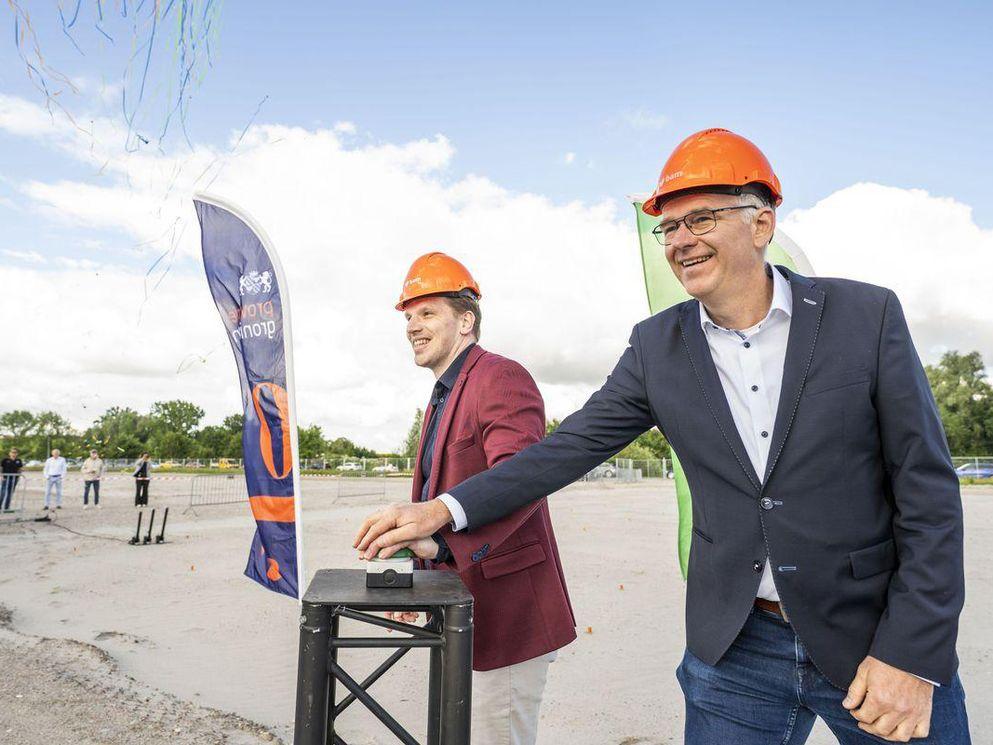AkzoNobel selects Tebodin for the conversion of the chlorine plant in Frankfurt

The Hague, The Netherlands, 17 January 2012 – AkzoNobel Industrial Chemicals has selected consulting and engineering firmTebodin for the Engineering, Procurement and Construction management (EPCm) of a new chlorine plant in Frankfurt into state-of-the-art membrane electrolysis technology. The new plant will increase current annual production in Frankfurt by approximately 50 percent, to 250 kilotons of chlorine and 275 kilotons of caustic lye. The energy consumption per tonne of product will be improved by nearly 30 percent.
The project will be carried out in conjunction with AkzoNobel Engineering & Operational Solutions in Arnhem, the Netherlands. Tebodin will perform the project with a project team of around 70 staff from the Tebodin offices in Hengelo, the Netherlands and Gelsenkirchen, Germany. The consortium of Dutch and German engineers and specialists in the EPCm project team was one of the reasons for AkzoNobel awarding the project to Tebodin. The contribution of local expertise mainly involves all permits, the design and construction site-related aspects which have to comply with the local standards and legislation. For Tebodin, the project involves approximately 80 man years.
Construction will start in August 2012. Expectations are that the new chlorine production facility in Frankfurt will come on stream in the fourth quarter of 2013.
In common with AkzoNobel, Tebodin is also a globally operating organization. In the past, projects have been realised for AkzoNobel in the Netherlands, China, Denmark, Russia, Vietnam and Indonesia.
AkzoNobel Industrial Chemicals operates three chlorine plants in Germany (Frankfurt, Bitterfeld and Ibbenbüren) and two in the Netherlands (Rotterdam and Delfzijl); the total joint annual production of chlorine at these facilities exceeded one million tonnes (2010). The main products of the Frankfurt site are chlorine, caustic lye and chloromethanes. Chlorine, one of today’s main raw materials, has a wide variety of applications, including PVC, epoxies and polyurethanes. It is also used in the production of 85 percent of all pharmaceuticals.
Tebodin B.V. in The Hague (the Netherlands) is an independent, multidisciplinary consulting and engineering firm with a turnover of 210 million Euro (2010). Tebodin offers clients worldwide the knowledge and experience of around 3,500 experts in industry, health and nutrition, oil and gas, chemicals, infrastructure, property, and energy and environment. The company has a network of offices in West, Central and Eastern Europe, the Middle East, Asia and Africa.



